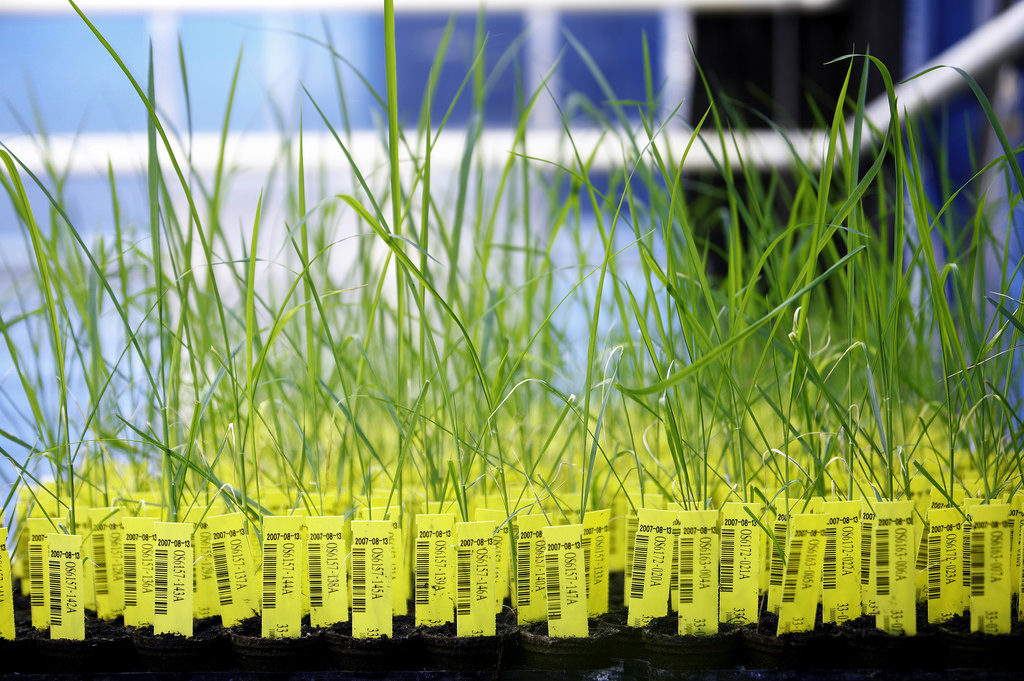Agrifood systems are challenged to strengthen their sustainability, inclusiveness, transparency and resilience, often requiring significant trade-offs between economic, environmental and social goals. A strong and accessible data and analytical foundation, and participatory consultative processes are critical prerequisites for identifying policy options for Governments, civil society and private sector to consider. Though sufficient data may be available, decision-makers often lack the capacities and tools to interpret and act on them.
This joint side event, organised by the EU, FAO, the Government of Sweden and SIANI, brings together diverse actors and geographic perspectives to discuss this critical interface between data and analysis and multi stakeholder processes for policy and investment decision-making. It presents insights from crosscutting regional analyses of 50 country EU-FAO-CIRAD food systems’ assessments as well as lessons on how to collate, align, and avail data efficiently and transparently for consumers, practitioners, and decision makers. The panel will also examine the challenges, opportunities and trade-offs of developing policies and investment to enhance the environmental sustainability of terrestrial and marine food systems.
Date: 24 October 2023
Time: 8:30h-9:45h
Room: Red room and online
Languages: English, French, Spanish and Arabic
Register here.
